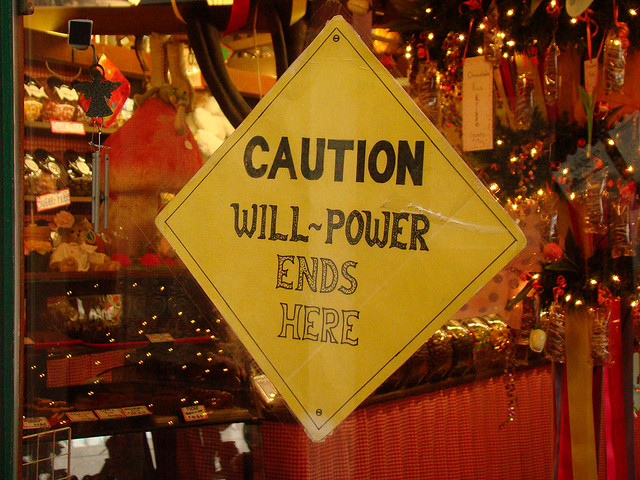 Our culture is full of “mind over matter” messages that lead you to believe that you can think and rationalize and use brute force or will power to make things happen. Contrary to this belief, there is a lot of interesting research supporting that you need the emotional side of your motivation even more than the logical side and that your level of willpower or energy is limited. So if you do use sheer will power then you can only last for so long before you give up. Think about it, that is why you so often logically know what is good for you and yet go with the emotional choice. It is not because you are not a strong person or because you do not have enough will power; it is how your brain/mind is wired.
Our culture is full of “mind over matter” messages that lead you to believe that you can think and rationalize and use brute force or will power to make things happen. Contrary to this belief, there is a lot of interesting research supporting that you need the emotional side of your motivation even more than the logical side and that your level of willpower or energy is limited. So if you do use sheer will power then you can only last for so long before you give up. Think about it, that is why you so often logically know what is good for you and yet go with the emotional choice. It is not because you are not a strong person or because you do not have enough will power; it is how your brain/mind is wired.
This applies both for personal change and organizational change.
You need both logical and emotional motivation, but for long term change or big change, understanding your emotions and the emotions of your team are the most impactful. John Kotter and Dan Cohen share multiple examples of how successful organizations change in their book, “The Heart of Change. Appealing to the Heart, Not the Mind”
“They (organizations implementing big change efforts) succeed…because their most central activity does not center on formal data gathering, analysis, report writing, and presentations – the sorts of actions typically aimed at changing thinking in order to change behavior. Instead, they compellingly show people what the problems are and how to resolve the problems. They provoke responses that reduce feelings that slow and stifle needed change, and they enhance feelings that motivate useful action. The emotional reaction then provides the energy that propels people to push along the change process, no matter how great the difficulties.”
So, next time you are trying to convince someone else or yourself of a change that will bring more thriving into your work or life, figure out how you can demonstrate the change in a way that will provoke an emotional “a ha!” (rather than lists of logical data or logical arguments) and you will be on your way to more thriving.
Photo Credit: Ajacarr via Flickr creative commons